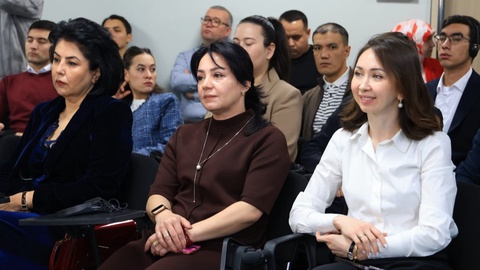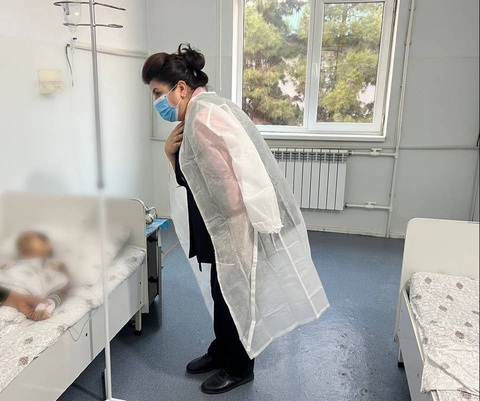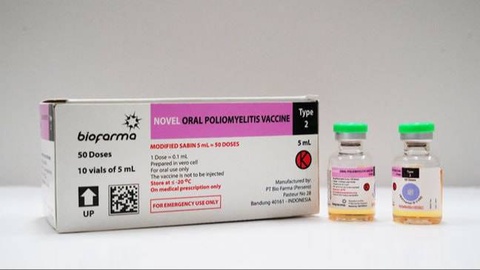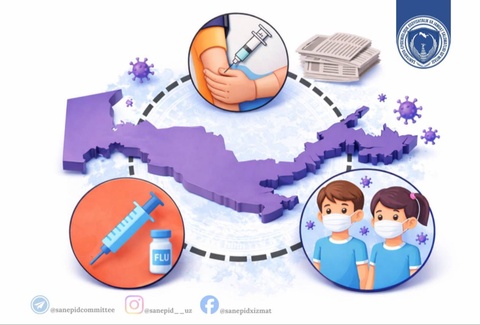It is reported that from May 13 to May 16, the air temperature in Uzbekistan will reach 42-43°C. This can pose a serious threat to human health.
On such days, a large load is placed on the body's thermoregulation system, which can lead to an exacerbation of chronic diseases or the occurrence of thermal diseases, such as general overwork of the body and life-threatening heat stroke.
High fever has a particularly negative effect on the cardiovascular system - it increases the heart rate and can increase blood pressure. The body's attempt to maintain a normal body temperature leads to intense sweating, which increases the risk of dehydration.
What precautions should be followed?
The head of the Environmental Diplomacy Department of the Ministry of Health, Abdukayum Tukhtakulov, answered this question in detail.
- On hot days, it is recommended, if possible, to stay in closed or cool rooms at the hottest time of the day - from 12:00 to 16:00, - said the specialist. - During this period, the sun's rays are most intense, and the risk of overheating of the body and sunstroke is especially high. If going outside is unavoidable, you should walk along the shady side, use an umbrella and plan activities for the morning or evening hours.
It is also important to keep the room cool: keep the windows on the sunny side closed during the day, and ventilate the rooms in the evening when it gets cooler. In the hottest time, it is advisable not to use household appliances that emit heat, such as stoves, washing machines and dryers.
Proper clothing is also important. It is recommended to wear light, loose-fitting clothes made of natural fabrics (cotton, silk), and to avoid synthetic materials. It is better to choose light colors, as they reflect the sun's rays.
When going outside, you should wear a wide-brimmed hat and sunglasses. Protecting your head from the sun is extremely important, as overheating of the brain can quickly lead to sunstroke.
Frequent taking of a cool shower or bath during the day helps to reduce body temperature. Regular washing promotes better skin respiration. However, do not use too cold water, as a sudden change in temperature can cause stress in the body and even lead to pneumonia. It is better to use water at room temperature or slightly cooler.
Applying a wet towel or cloth to the skin, especially to the head and neck, also effectively cools the body.
Heavy physical work or exercising in the heat should be avoided, as this significantly increases the risk of dehydration, exhaustion, and sunstroke. In such conditions, the load on the cardiovascular system increases, which can lead to a heart attack or stroke, especially in untrained people.
If possible, it is better to exercise in enclosed, air-conditioned rooms. During training, you need to listen to your body, take frequent breaks and consume enough fluids. If symptoms such as dizziness, nausea, or severe weakness occur, exercise should be stopped immediately.
People with chronic diseases (hypertension, heart disease, obesity) should definitely consult a doctor before engaging in physical activity in hot weather.













